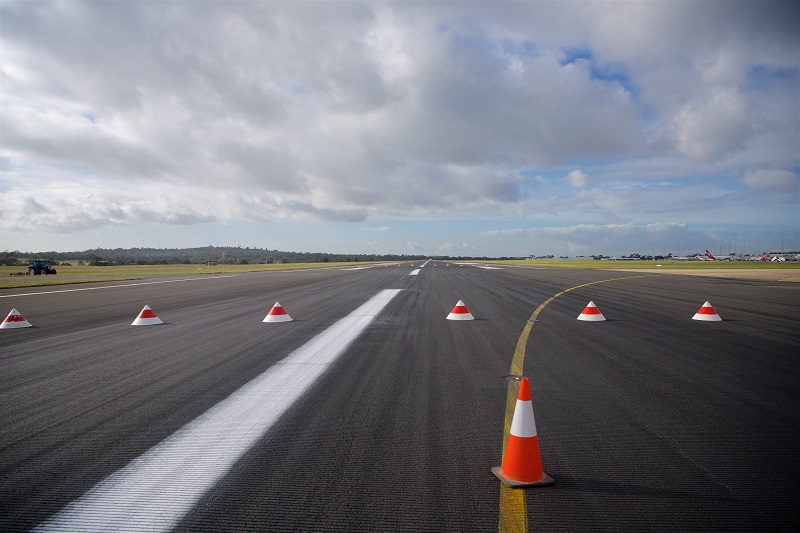Aussie airlines lose final airport regulation battle
11 December, 2019
4 min read


Australian airports will face greater scrutiny of pricing and service quality, but airlines have lost the final battle for tighter regulation and the independent arbitration of disputes.
The Australian government has tweaked the scrutiny airports face from the competition watchdog but basically accepted a Productivity Commission report that found airports were not misusing their market power.
The airlines campaigned strongly for the appointment of an independent arbiter who could rule on disputes and were backed by the Australian Competition and Consumer Commission.
They continued to lobby even after the commission delivered its findings in favor of the status quo, urging the government not to adopt the report’s recommendations.
READ: Is Qantas Project Sunrise fading into the sunset?
The Government’s response supported many of the commission’s recommendations including that regulators receive a boarder range of financial information about areas such as aeronautical revenue, services, car parking and landside access.
It also backed a finding that the ACCC should undertake a review of quality of service indicators to ensure they had a greater focus on outcomes and more closely reflected the expectations of airport users.
Transport Minister Michael McCormack said the productivity Commission found airports did not act to the detriment of the community due to transparency about their performance and” a credible threat of additional regulation if they misuse their market power”.
“The Government has adopted the Productivity Commission’s recommendations to improve transparency by enhancing the monitoring of both pricing and service quality at Australian airports,’’ he said.
“The Australian Government will continue ensuring all visitors to Australian airports have access to quality services and are charged fair prices.
“It is important to keep in mind we are seeing continued growth in passenger numbers facilitated by record levels of private sector investment in our major airports.”
Treasurer Josh Frydenberg said the government’s response was about getting the balance right, encouraging infrastructure investment and the best consumer outcomes.
“As a result of the regulatory certainty provided by the Government’s response and through greater transparency on the quality and cost of services provided by airports and ongoing monitoring by the ACCC, the Government expects Australia’s airports to continue to expand and improve the services they provide,’’ he said.
The Government encouraged airlines and airports to work together “in the best interests of all those who use their service”.
But airline lobby group A4ANZ said the refusal to act on the "worsening behavior of Australia's monopoly airports and their super-profits" would lead to more disputes, court action and hurt the wider Australian economy.
It urged the government to urgently rethink its decision.
“By saying the ACCC need to monitor the airports more, the Government is admitting there is a problem," A4ANZ chairman Graeme Samuel said.
"Yet they have squibbed the chance to actually do something about it for the Australian traveling public.
“This is despite the Government having a solution in front of them; the modest, evidence-based reforms proposed by the ACCC, which would see the introduction of an independent umpire to resolve disputes between airports and their customers, improving efficiency and delivering benefits to consumers and the economy."
Australian Airports Association chief executive Caroline Wilkie said the government's response endorsed the commission's key finding that the current regulatory approach remained fit for purpose.
"Airports play an essential role in our community and the industry stands ready to continue its work with our partners to keep improving the passenger experience,” Wilkie said.
“It is important the monitoring process has the opportunity to evolve to make sure we keep meeting the needs of our community over time.
"The recommended improvements will ensure the public has a clear view of how the monitored airports are listening to customer feedback and striving to deliver the best possible airport experience.”
Next Article
2 min read
Qantas triples profit but misses mark

Get the latest news and updates straight to your inbox
No spam, no hassle, no fuss, just airline news direct to you.
By joining our newsletter, you agree to our Privacy Policy
Find us on social media
Comments
No comments yet, be the first to write one.
